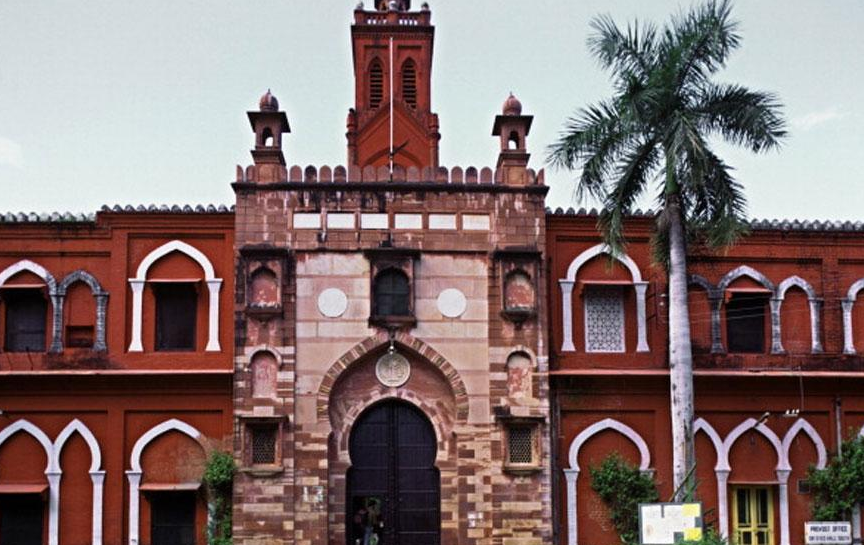Nithyakalyani Narayanan. V
In a series of petitions, the Supreme Court on February 1st deferred its decision over the Aligarh Muslim University’s (AMU) eligibility for minority status under Article 30 of the Indian Constitution. The case’s last day of hearings was yesterday.
After concluding the rejoinder statements in the matter yesterday, a Constitution Bench comprising Chief Justice of India DY Chandrachud and Justices Sanjiv Khanna, Surya Kant, JB Pardiwala, Dipankar Datta, Manoj Misra, and Satish Chandra Sharma reserved its ruling.
The legal questions related to whether a central-funded university created by parliamentary statute can be classified as a minority institution, as well as the conditions under which an educational institution can be granted minority status under Article 30 of the Constitution.
Hearing yesterday
Rejoinder arguments from the petitioner’s lawyer supporting AMU’s minority status were heard by the court. Senior Advocate Rajeev Dhavan addressed the involvement of Muslims in AMU’s administration, particularly in the academic council.
Senior Advocate Kapil Sibal, who is also representing the petitioners, noted that AMU’s minority status is determined by several factors other than the proportion of Muslims in its academic and governing organisations.
He claimed that it is incorrect to say that an institution must be managed by a member of a minority community, such as Christians or Muslims, in order for it to be classified as such. He clarified that there might not always be enough educated members of the minority group at that level to occupy all of those positions.
Sibal continued to argue that the AMU has been meeting the requirements of the minority community since 1950, acting as a minority institute both de jure and de facto. He claimed that disputing AMU’s minority status would not be sufficient to undermine the nation’s secular framework.
Chief Justice Chandrachud noted that the AMU Act’s 1981 revision, which aimed to reinstate its minority status following the Azeez Basha ruling, failed to reinstate the pre-1951 position that was upheld in the Azeez Basha case.
Citing the 1981 amendment, Advocate Shadan Farasat said that private parties like AMU are not obligated to protect the parliament.
Advocate MR. Shamshad claimed that while the opposing side’s arguments reduced Article 30 to a “decorative” provision, the issue will affect multiple minority rights in the nation.
Name of the case: Aligarh Muslim University Through its Registrar Faizan Mustafa v Naresh Agarwal and ors.
Click here to access the previous article on AMU’s minority status.

